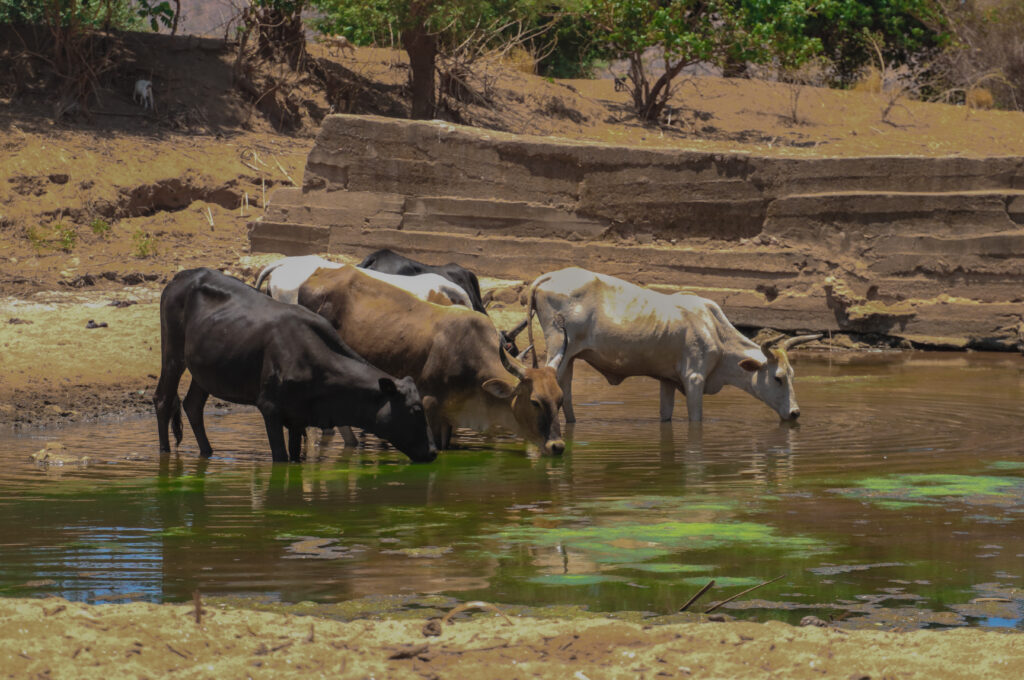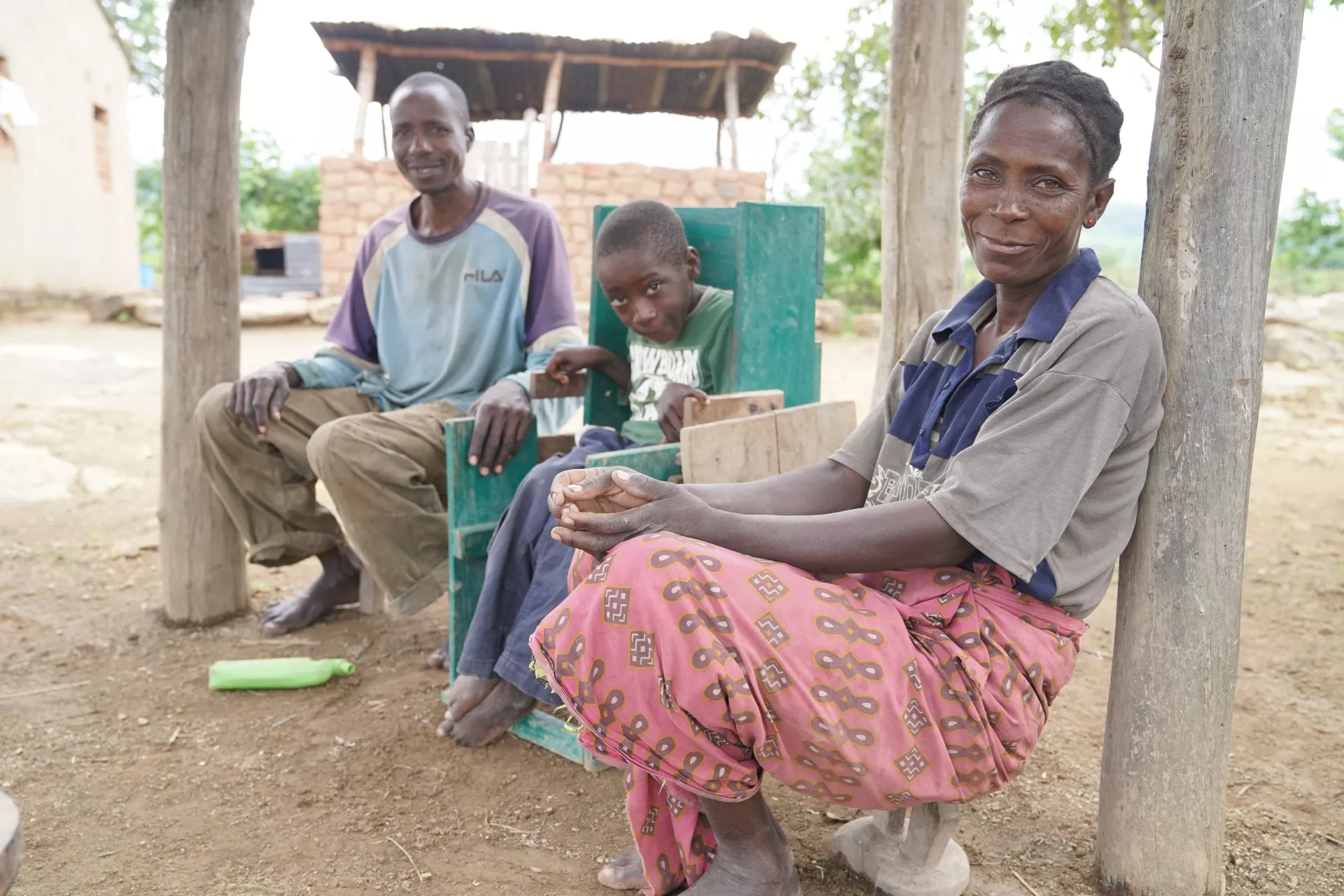Mweemba has been living in Hwange, Zimbabwe for more than 5 years now. His family left Gwembe, Zambia following the 2018-2019 drought where crops failed and animals died due to lack of water and pasture.
For people like Mwemba, Climate change is no longer a distant threat—it is a present reality reshaping lives and communities across the globe. In Zambia, the impacts of climate change are particularly severe, with rural areas like Gwembe Valley in the southern province bearing the brunt of prolonged droughts, erratic rainfall, and crop failures. For many families in Gwembe, these environmental challenges have made life unsustainable, forcing them to make the difficult decision to leave their homes and migrate to Zimbabwe in search of survival and opportunity.
Gwembe Valley, a region heavily reliant on rain-fed agriculture, has been hit hard by climate change. Recurrent droughts, worsened by rising temperatures and unpredictable weather patterns, have led to crop failures, water scarcity, and food insecurity.
For the people of Gwembe, farming is not just a livelihood—it is a way of life. When the rains fail, so does their ability to sustain themselves. With no harvests and dwindling resources, many families faced the stark choice of staying and risking starvation or leaving in search of better opportunities.
While migration is often the last resort for families in Gwembe, there are efforts to provide support to those affected by climate change. One such initiative is the Emergency Cash Transfer Program, implemented by the Zambian government with support from organizations like UNICEF. During the devastating 2018/2019 drought, this program provided timely financial assistance to vulnerable households in drought-affected areas, including Gwembe Valley.

For some families in Gwembe, migration to Zimbabwe has become a lifeline. Zimbabwe, which shares a border with Zambia, is a natural destination due to its proximity and cultural ties. Many migrants from Gwembe move to towns and rural areas in Zimbabwe, such as Victoria Falls, Bulawayo, or Hwange, where they hope to find work and rebuild their lives.
The journey to Zimbabwe, however, is fraught with challenges. Crossing the border often involves navigating informal routes, as many migrants lack the necessary documentation. This exposes them to risks such as exploitation, harassment, and even violence. Once in Zimbabwe, life is far from easy. Migrants often face discrimination, limited job opportunities, and uncertain legal status. Many end up working in informal sectors, such as farming, construction, or domestic work, where wages are low and job security is nonexistent.
The story of Gwembe’s migrants is not just about numbers—it is about people. It is about mothers who leave their children behind to find work, fathers who labor long hours for meager pay, and families who are torn apart by the need to survive. It is about the loss of community, culture, and connection to the land that has sustained them for generations.
For those who remain in Gwembe, the departure of family members creates additional burdens. The elderly, women, and children are often left to manage farms and households with limited resources, further exacerbating poverty and food insecurity.
The migration of families from Gwembe to Zimbabwe is a stark reminder of the urgent need to address climate change and its impacts. This is not just an environmental issue—it is a humanitarian crisis that requires immediate and sustained action.

